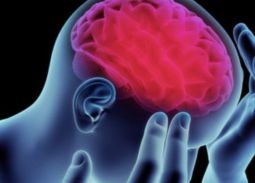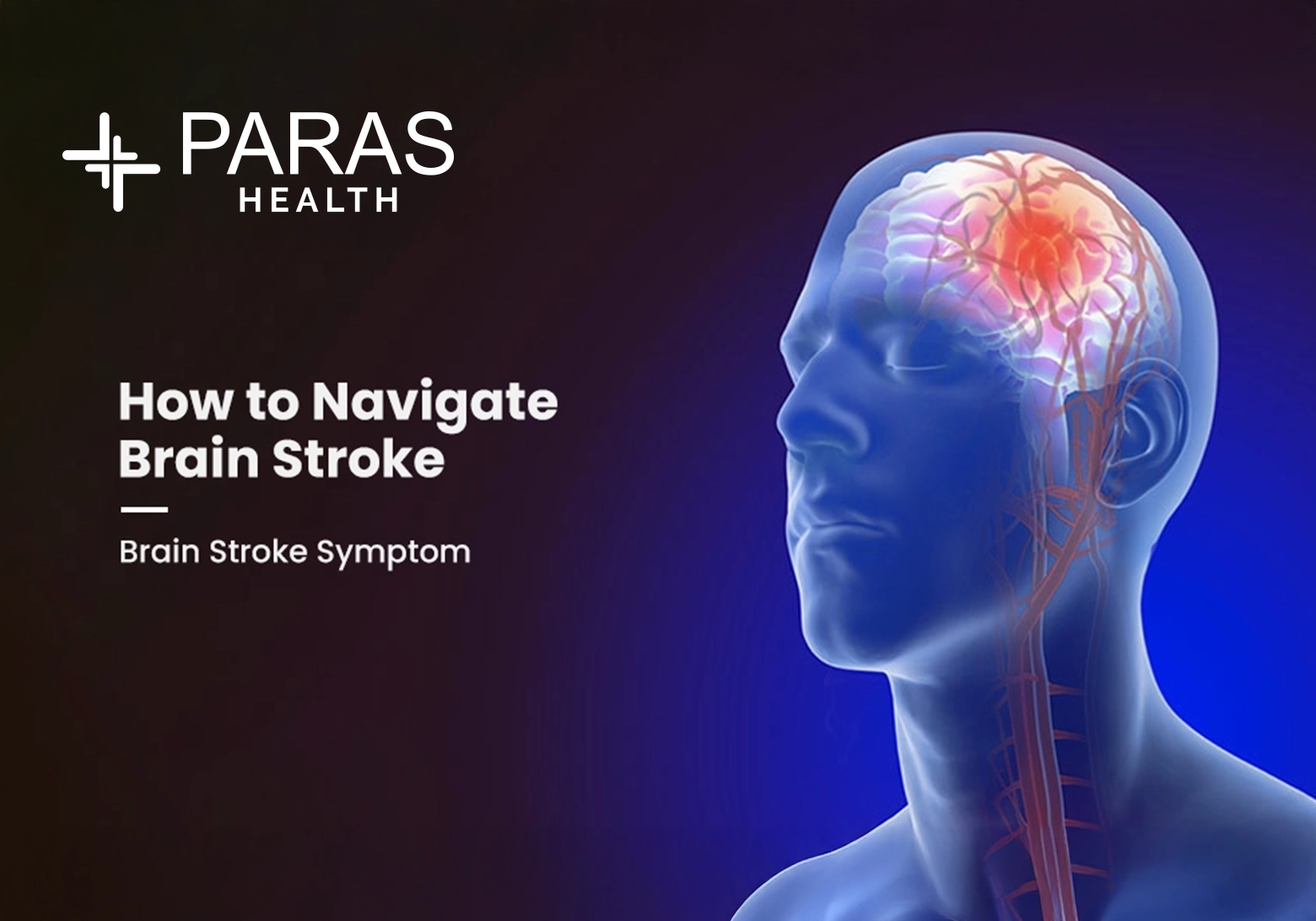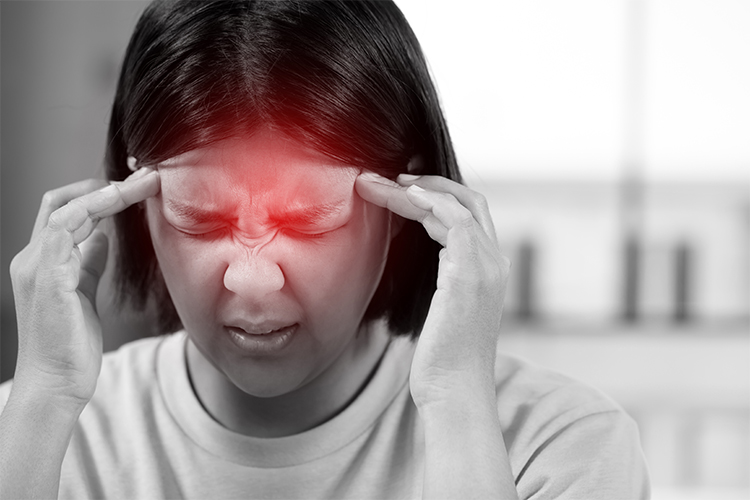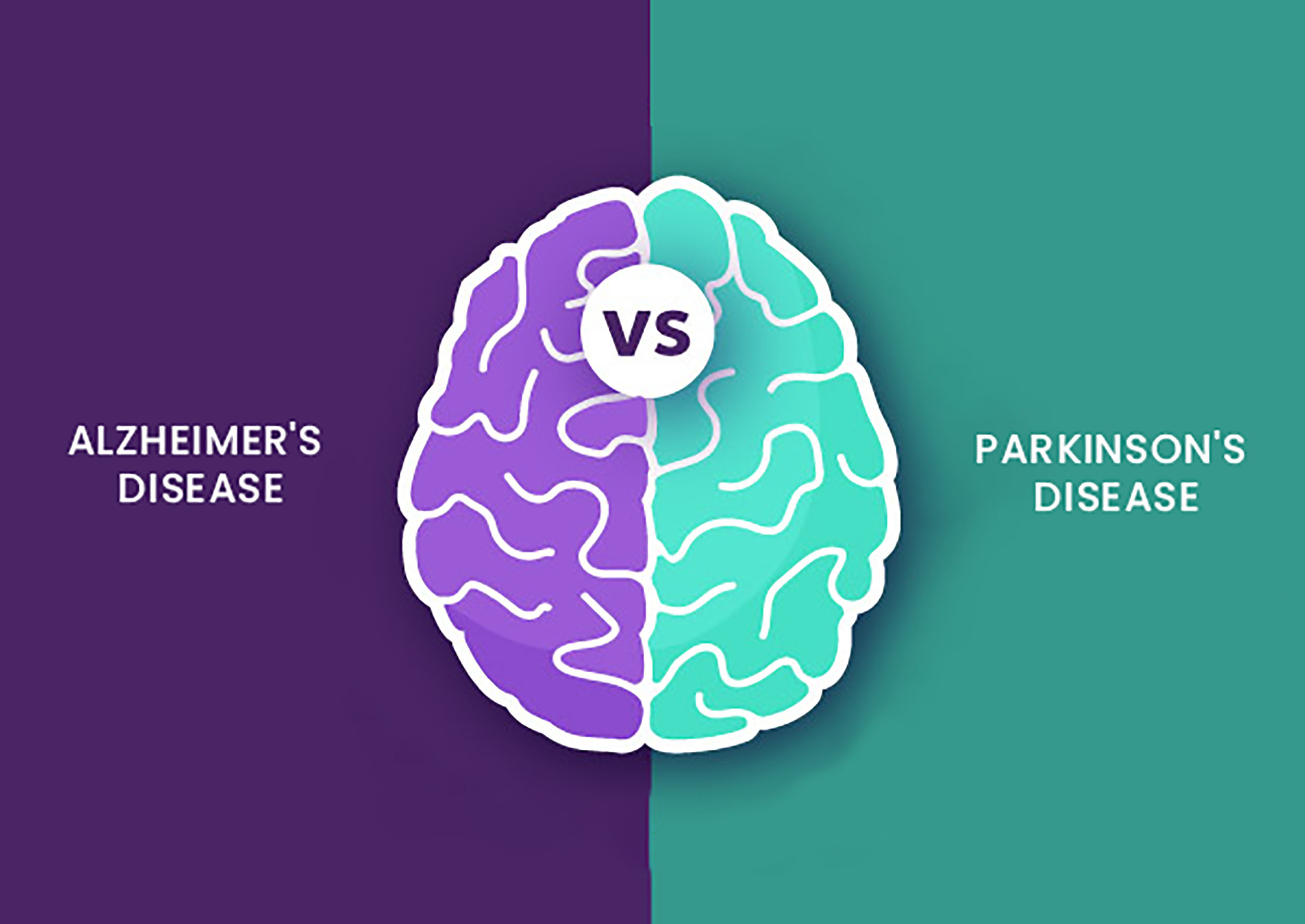What happens to your brain when you have a stroke?

Apr 19, 2022
A stroke is a brain attack. It happens when the blood supply to part of your brain is suddenly cut off or reduced. Blood carries essential nutrients and oxygen to your brain. Without blood, your brain cells can die or become damaged. About 85% of strokes are caused by a blockage (ischemic stroke) and about 15% are caused by a bleed (hemorrhage) in or around the brain. Our brains control everything we do, think and feel – things we can take for granted like being able to move, speak, understand, remember, see and deal with our feelings. If the part of your brain that controls any of these activities is damaged, your ability to do them is also affected.
Signs of a Stroke:
A stroke has an immediate effect on how both the body and mind work. Typical symptoms include:
- Numbness, weakness or paralysis on one side of your body
- Slurred speech, or difficulty finding words or understanding speech
- Sudden blurred vision or loss of sight
- Confusion or unsteadiness
- A sudden, severe headache.
When can a stroke happen?
A stroke can happen to anyone at any time. It occurs when the blood flow to an area of brain is cut off. When this happens, the brain cells are deprived of oxygen and begin to die. When brain cells die during a stroke, abilities controlled by that area of the brain such as memory and muscle control are lost.

What is the effect of the stroke on the patient?
The effect of the stroke on the patient depends on where the stroke occured in the brain and how much the brain is damaged due to the same. For example, someone who had a small stroke may only have minor problems such as temporary weakness of an arm or leg. People who have larger strokes may be permanently paralyzed on one side of their body or lose their ability to speak.
The effects of a stroke depend on several factors, including the location of the obstruction and how much brain tissue is affected. However, because one side of the brain controls the opposite side of the body, a stroke affecting one side will result in neurological complications on the side of the body it affects







